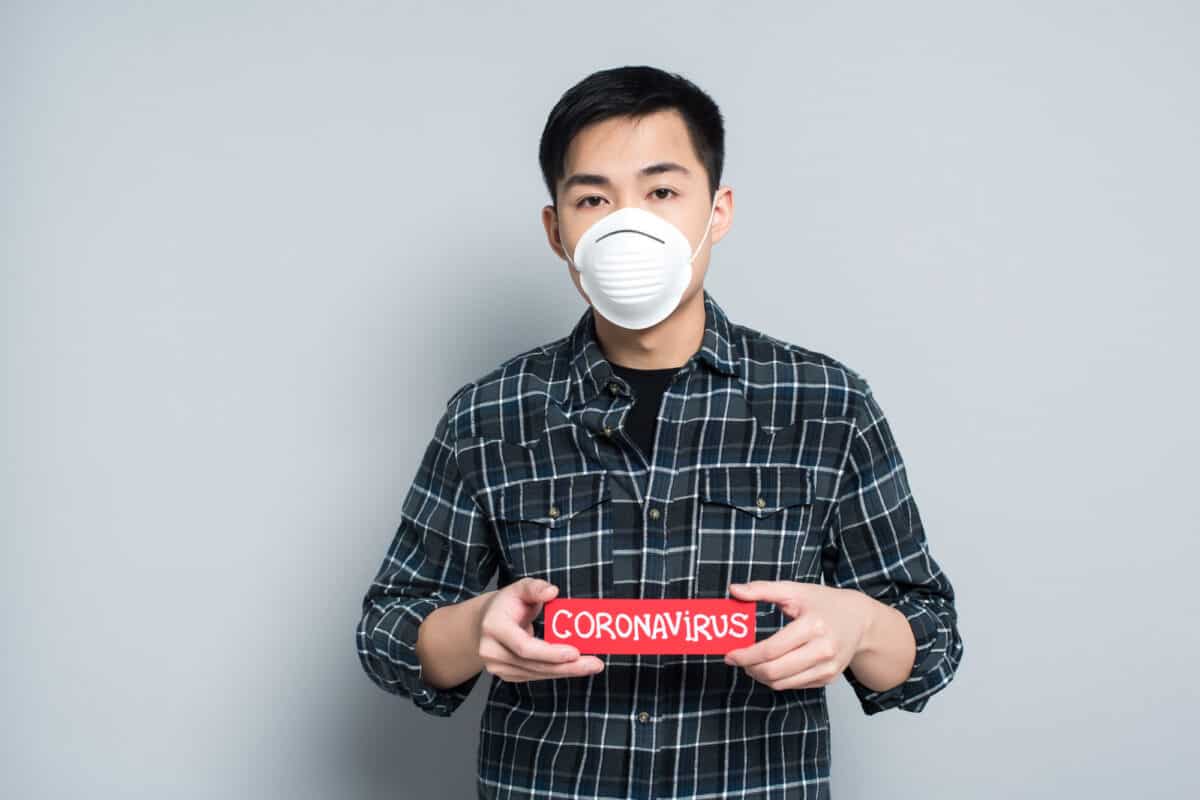As the COVID-19 spreads worldwide, the World Health Organization (WHO) declared a global pandemic on March 11, 2020. As a healthcare worker, you must be in a situation where taking care of yourself and providing quality care for your patients. You are at the hospital in the time of uncertainty, taking precautions, and providing the best care you can give! It is common to be anxious about the current situation as the second wave of the epidemic is in its own way!
As the toll increases, at this time for patients of any age, a trip to the hospital can be very anxious. Patients with a critical illness, it can be especially traumatic. In addition to the reason for their visit, which is likely stressful on its own, they’re introduced to an environment where health workers and other patients are keeping a safe distance and they are invited by unusual sights and sounds. There are patients at home who need medical support but are too afraid to visit the hospital yet. Here are some helpful ways of how you can help your patients deal with their COVID-19 anxiety:
Educate Them On COVID-19
The first thing you can do here is to educate your patients about the epidemic, about what is COVID-19, how it spreads, what are the symptoms of the
Take Enough Precautions
There is currently no vaccines are found for COVID-19, but there are a few things anyone can do to protect them and their family from getting infected. So, educate them on:
- Wash your hands properly with water and soap for at least 20 seconds. If they are not available, ask them to keep sanitizer with them. Look for a sanitizer that has 60% or higher alcohol-based content in it. Advise them on making and using DIY sanitizers because if not mixed correctly it can cause other skin problems.
- Reduce close contact with others by practicing social distancing. Ask them to avoid attending unnecessary events and functions. This means, stay home to avoid as much as possible social interaction. If you have to go to buy necessary things from a grocery store or need medical attention, ask them to wear a face mask.
- If they are younger patients, teach them to cough and sneeze into a tissue and dispose each of them after using it.
- Educate them on the importance of avoid touching their eyes, nose, or mouth.
- Ask them to avoid close contact with patients who are diagnosed as having COVID-19.
Understanding And Managing COVID-19 Anxiety
- Get the facts right. Stay informed with the latest health facts and details from only trusted websites like WHO, Webmed, etc.
- Keep things in perspective. A person is more likely to get worried and anxious when they are alone. Ask them to find ways to lessen the alone time by spending their time on valuable things like doing yoga, getting involved in their hobbies and DIY projects, meeting their loved ones through digital conferences, and so on.
- Anxiety can lead a person to feel helpless and overwhelmed. Try to acknowledge their emotion with understanding, and help them overcome this mental state.
- Educate them on practicing mindfulness meditation and yoga. Practicing yoga and meditation on a regular basis can help calm an anxious mind.
- Ask them to concentrate on activities that will help them keep their anxious thoughts at ease. Find activities in your home such as doing dishes, making their bed, doing their laundry, or focusing on their gardening skills. Ask them to purposefully keep their minds busy so that they will stop worrying about the COVID-19 epidemic.
- Or they can utilize this moment to learn some new skills or life hacks for improvement. There might be something of their interest in the web such as coding, photography, or anything else.
- Rather than focusing on the negative impacts of the situation ask them to keep their minds on the positive sides of the situation. There are more people who are cured than dying of COVID-19.
- Let them practice as a responsible person in this situation. What would they do if their loved one is affected by COVID-19? How would they react? How would they support them? What would they say to them or how would they help them?
- Ask them to spend time each day thinking about five things they are grateful for. Ask them to make a wishlist on what they are planning to achieve after this pandemic is over and motivate them on reaching their goal.
- Ask them to eliminate regretful thoughts. If they have made any regrets or have any past experiences this is the time to overcome all these. Get in touch with your long term friends and loved ones and ask them how they are doing.
- Keep connected with your loved ones. One of the things they are getting over anxious about may be the sudden change of their lifestyle. They maybe an outgoing person who enjoys the company of people, so let them connect and maintain their relationships through social networks.
- If it’s possible ask them to take a walk outside and notice things around you, especially nature. Take care of a pet or plant. Take time to breathe deeply.
- Be mindful of your assumptions about others. Someone who has a fever or cough does not necessarily have COVID-19.
- Educate them on the importance of building a healthy lifestyle. Avoid eating from outside. Prepare more home cooked meals.
This time can be hard for everyone. Almost everything is online now. You might be a nurse student who is preparing for your nursing school, or a licensed RN providing better healthcare in the industry right now. Stress and anxiety can also affect you. Take enough precautions and maintain a healthy lifestyle along with your busy days. Spend some time taking care of your mind and body.
Let’s all hope for this time too shall pass.
Digital Health Buzz!
Digital Health Buzz! aims to be the destination of choice when it comes to what’s happening in the digital health world. We are not about news and views, but informative articles and thoughts to apply in your business.


